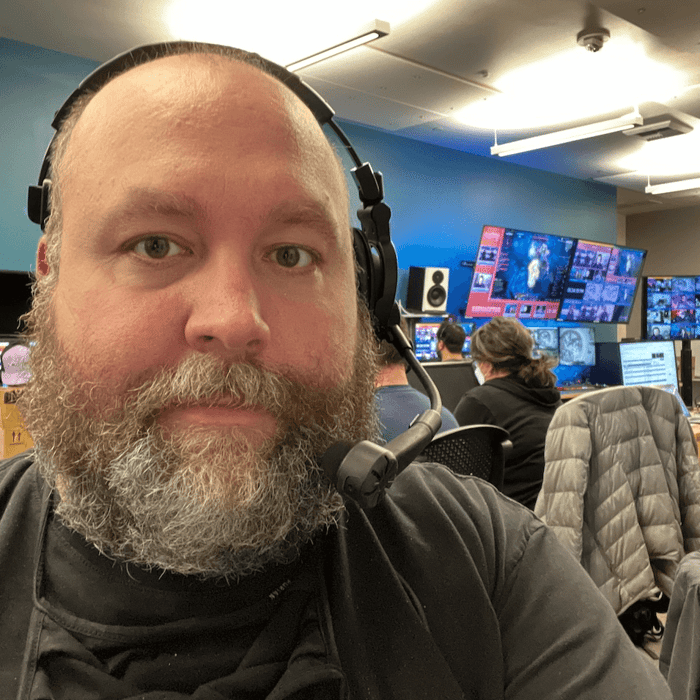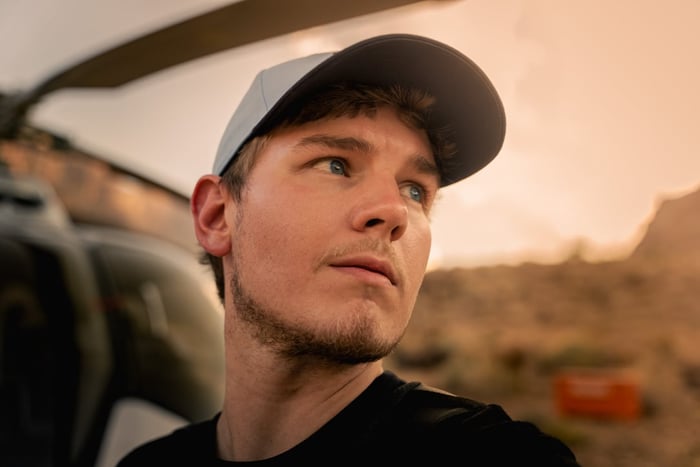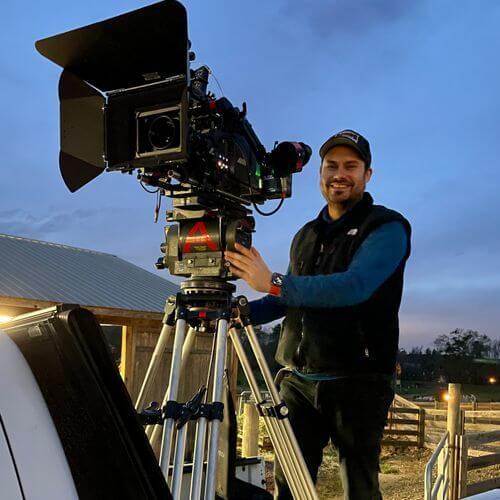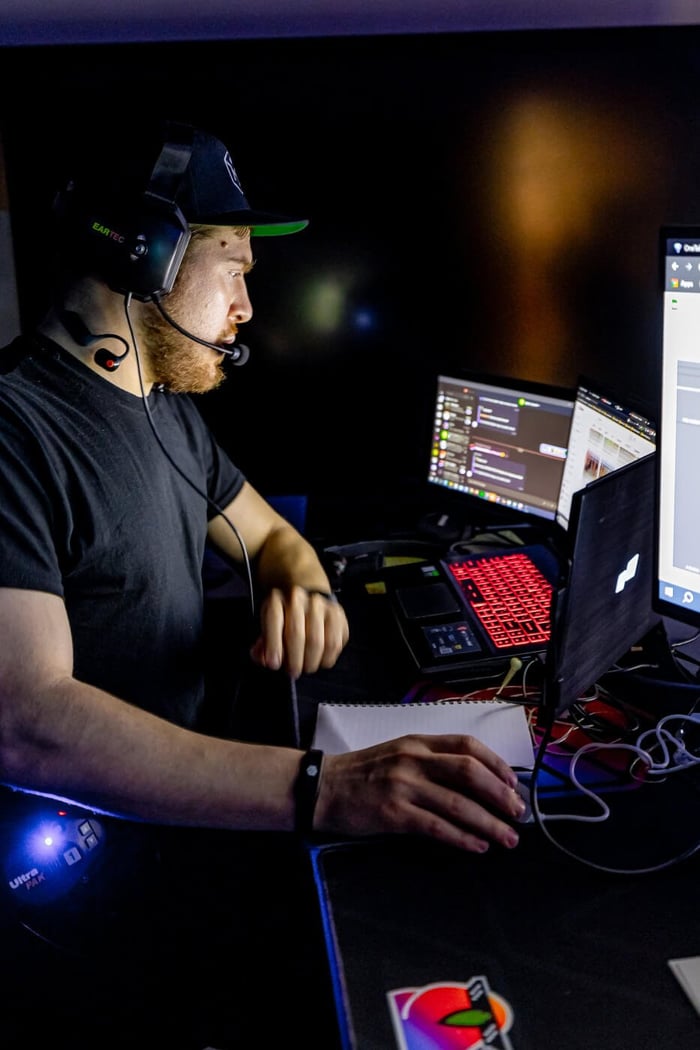We're back for the August edition of our Creator Spotlight series, where we shine a light on working creative professionals, and give them a chance to share part of their story, their learnings, their favorite tools, and more. This month, we're talking to Kris Dahl - the founder and big brain behind Seattle-based live stream specialists Atomic. They've worked with many of the biggest tech companies in the world, as well as your favorite game developers. Read more below!
Thanks for joining us, Kris! If you met a stranger at the airport and they asked what you do, how would you describe yourself to them?
I work at Atomic. We’re a technical creative and global event agency. We mostly produce live stream content and television shows for the video game industry, and we run a broadcast studio in Seattle.
The summer before my Freshman year of high school was when Jurassic Park came out. I looked up to the people at Industrial Light and Magic, they were the closest I had to a role model/hero figure. As a computer guy, I thought for sure I was going to do special effects for movies. I devoured all the CGI/3D graphics trade magazines (remember magazines?!), and geeked out on the technical stuff. At the time, I would have killed to get my own Silicon Graphics box with Alias/Wavefront.
Today, both artistically and creatively, it is amazing what people with no budget can create on YouTube, and I find that truly inspiring.
Talk to us about the beginnings of your career and how you got started.
I started my career doing IT & Web Development, mostly in the marketing industries. I had done several video internships in high school and thought I might have a film career. The rise of the Internet changed everything, and with the first dot-com boom, I was pushed in another direction.
I was involved in supporting live stream events beginning in the early 2000s, but from the software development side initially (rather than the production side). At the beginning of 2011, we founded Atomic and began supporting global live events with boots on the ground, and the rest is history.
Can you touch on some of your more recent career highlights? What were some of the most gratifying moments of your career?
I’ve been able to work on countless projects, but the one that stands out was doing the Forza Racing Championship Esports Championship at 24 Hours of Le Mans. It was a first-of-its-kind event, and very ambitious.
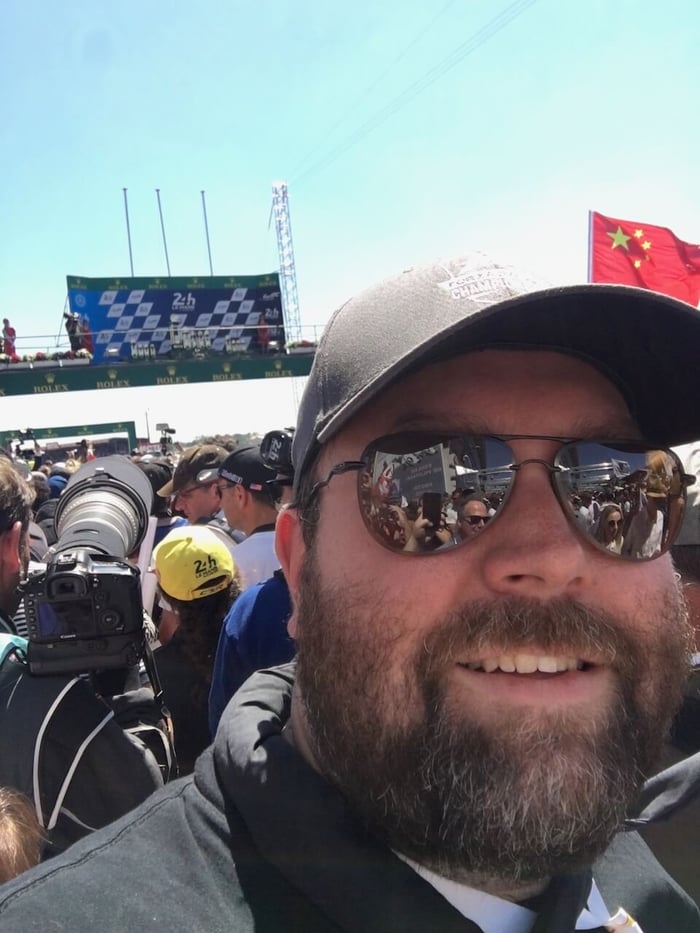
It was a massive challenge, due to a compressed timeline and the nature of putting on a major esports event at a top-tier sporting event. We had to build a temporary building to create a studio, have a fiber network installed, and bring in camper vans from elsewhere in Europe (all hotels within 100+ miles were booked).
It was a race in and of itself to get all the crew, talent, and gear on site, on time, and under budget. We worked around the clock for the day of the event, barely getting any sleep. It was a physical and mental challenge unlike any other broadcast I’ve done.
Finishing the event, and knowing we kicked ass was a tremendous feeling - and spending a couple of R&R days with the team in Chartres and Paris after a successful project was very gratifying.
Can you talk about the relationship between travel and filmmaking, and how that has influenced your career?
Early in my career, I had a technical event management on a six-month-long mobile marketing project for Intel & Sony. I lived out of my suitcase, visited almost every US state, and learned to enjoy travel. It was an amazing experience that changed my life.
When we started Atomic, I began supporting live stream events and broadcasts globally. My career has sent me all over the world, to nearly every continent. I’m fortunate to have been able to experience as much as I have, and to be paid to do it is a remarkable thing.
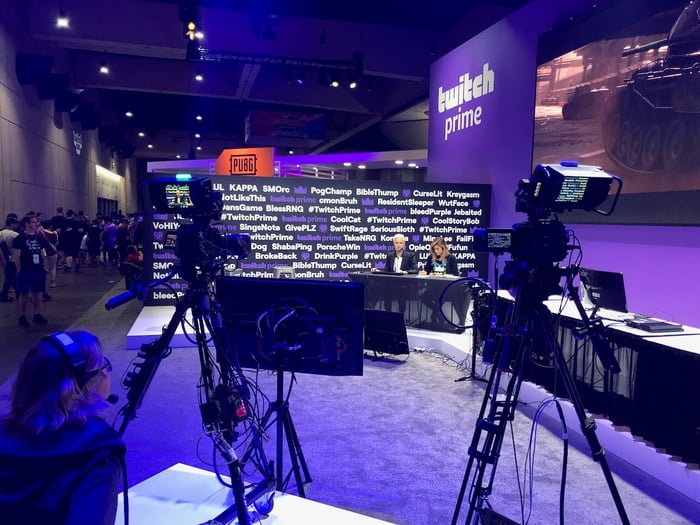
How has technology affected your career? Does anything in particular excite you about where technology's going right now?
The Internet changed everything entirely for me. It democratized many creative channels (film, video, music, journalism), provided us with access to nearly unlimited opportunities, and it has only gotten better. I wish YouTube or Twitch had been a thing when I was a teenager. All I was able to do back then was work on a public access television show in my hometown.
We had been using remote production workflows even before the pandemic, but COVID accelerated the adoption of everything. As universally devastating as the COVID pandemic was, imagine how much worse it would be without ubiquitous high-speed networks in every home and business.
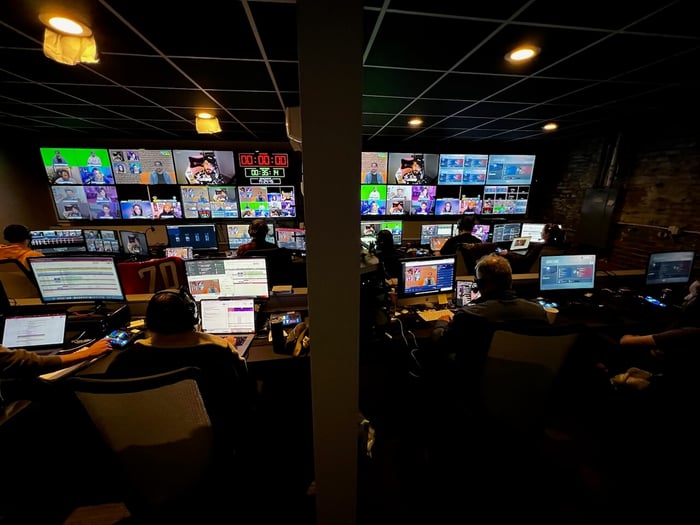
AI is the big disruptive technology, and it is happening faster than I expected. AI is helping me daily now with coding, writing, driving, design and automation. I think AI will change everything, and have an impact similar to electricity, or the internet, and I’m excited to be around for it.
As an industry, I don’t think we’re done innovating with fiber to the home/office, cloud computing, and SaaS solutions. So I’m excited about the technology evolutions on the horizon.
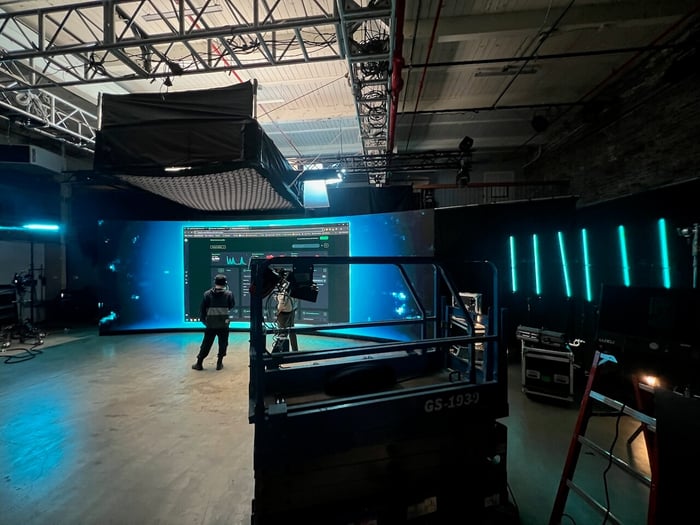
Can you tell us about how you utilize Glyph products in your workflow?
I use Glyph SSD's to record video on both stationary recorders - or directly on-camera or field recorders.
Can you tell us about a time having a data storage strategy prevented you from losing important work?
I don’t think that we’ve ever lost any critical data at Atomic, and we’ve managed petabytes over the years.
Practically, it is in our DNA from managing IT and data for clients and exposure to unreliable tools (especially in the early days).
Functionally, it is because we make sure that we have redundancies baked into our productions. Primary, backup, and usually tertiary recordings. Having plenty of media so you’re never rushed to re-use drives is important. Leveraging the cloud to get your recordings offsite as quickly as possible also helps. Making sure that you have multiple physical copies with multiple people before getting back on the plane. Auditing your data and using checklists. Simple but crucial stuff.
Today it is rare that even a primary record fails, and usually it's a human error thing. But in years past it was not uncommon to discover corrupted recordings, so we learned to take it seriously.
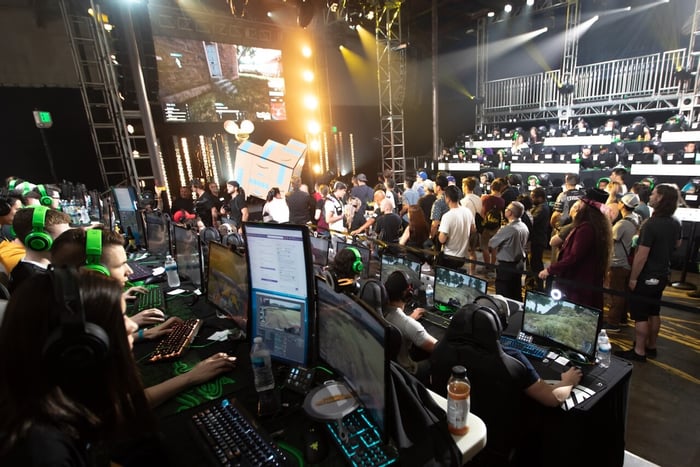
What are some of your challenges when producing a live stream broadcast?
Every project is a challenge in some way. What’s nice is that I have built up enough experience and confidence that I'm relatively unfazed by most things at this point.
Ironically, my greatest challenge is rarely technical, but dealing with the interpersonal challenges that come with large crews of people.
Beyond that, trying to find some sort of balance between family and work – it feels like I’m unable to put enough quality time into either.
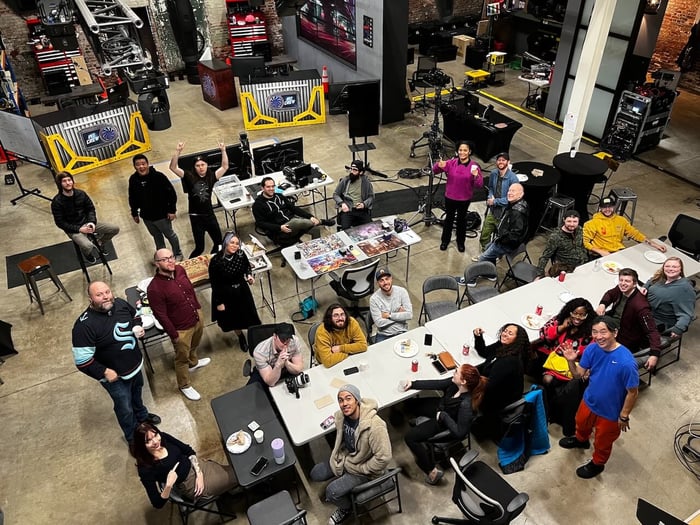
What are the three ‘must haves’ for every filmmaker?
It isn’t gear. A positive attitude, strong work ethic, and grit. Honorable mentions would be “sense of humor” and “willingness to take calculated risks”.
But if I had to pick equipment: iPhone, Macbook Pro, and Airpods Pro.
Thanks so much for sharing, Kris! Look forward to chatting again soon.
Make sure to check out Atomic's Lab page to see what kind of awesome experiments Kris and his team are cooking up at their studio in Seattle.


